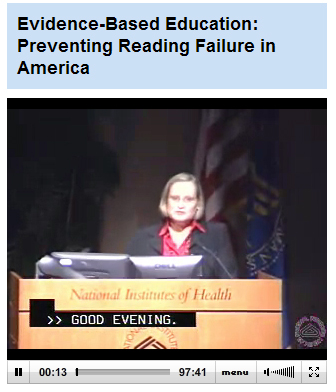 Illinois-licensed registered dietitians and nutritionists have a license renewal every two years with an October 31st deadline, odd years. Thirty (30) hours of continuing education are required in order to renew a license. There is no limit on home study if CDR approved, and 24 hours must pertain to MNT.
Illinois-licensed registered dietitians and nutritionists have a license renewal every two years with an October 31st deadline, odd years. Thirty (30) hours of continuing education are required in order to renew a license. There is no limit on home study if CDR approved, and 24 hours must pertain to MNT.
Continuing education ensures the highest possible standards for the registered dietitian and nutritionist professions. All licensees are required to participate in continuing education as a condition of licensing.
Professional Development Resources is a CPE Accredited Provider with the Commission on Dietetic Registration (CDR Provider #PR001). CPE accreditation does not constitute endorsement by CDR of provider programs or materials.
Requirements for Continuing Education
Illinois-licensed dietitians and nutritionists have a biennial license renewals with a deadline of October 31st, odd years. Thirty (30) continuing education hours are required for license renewals. There is no limit on home study if CDR approved, and 24 hours must pertain to MNT.
Information obtained from the Illinois DPR – Dietitian, Nutritionist on October 2,2013.


















